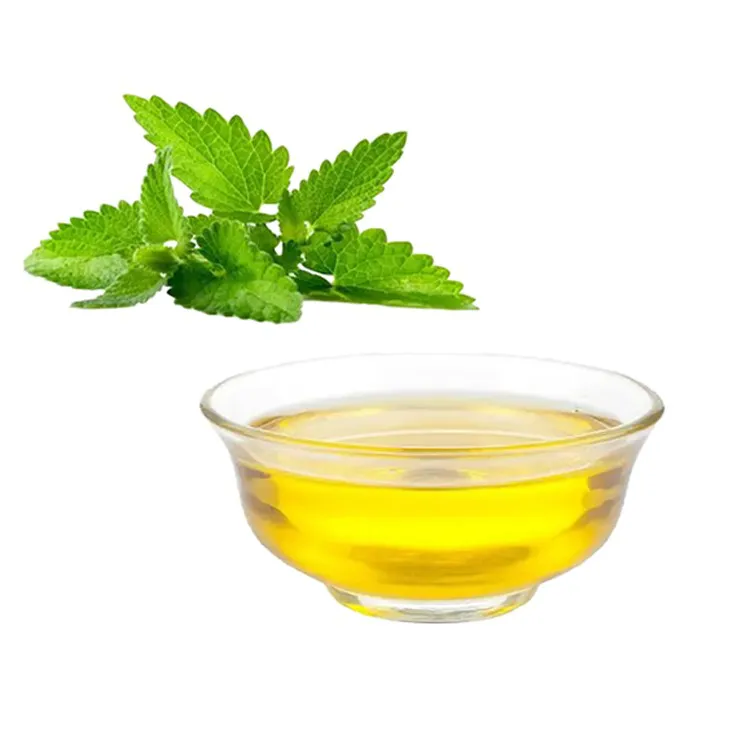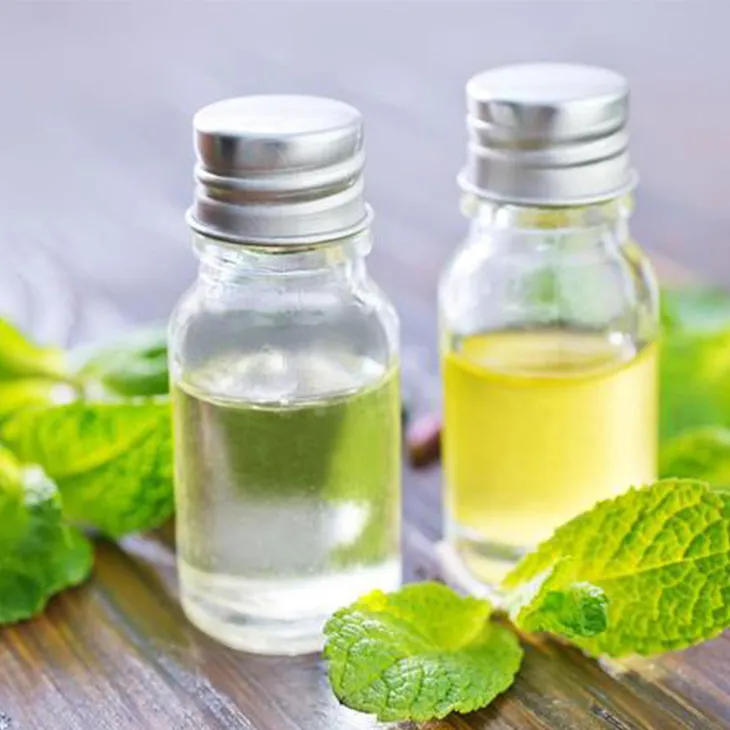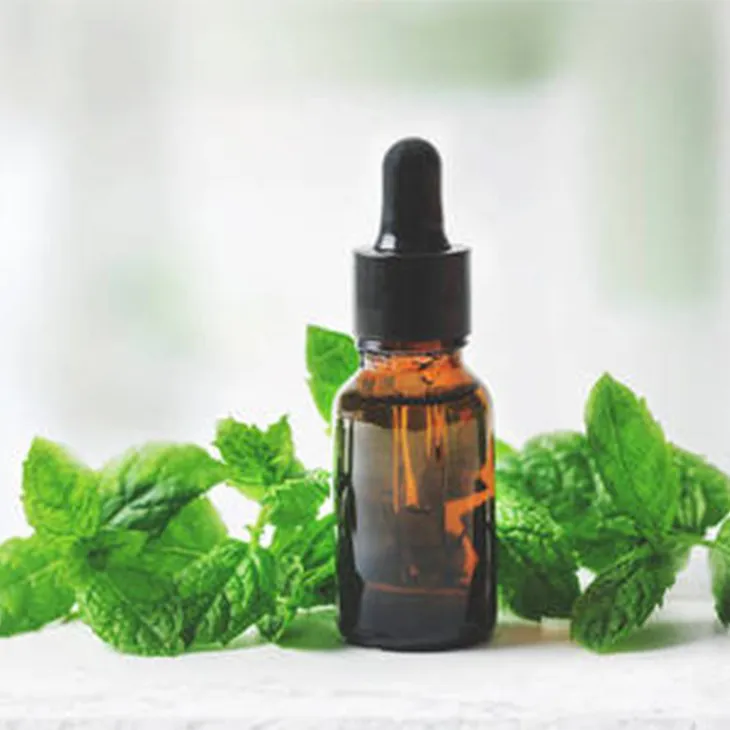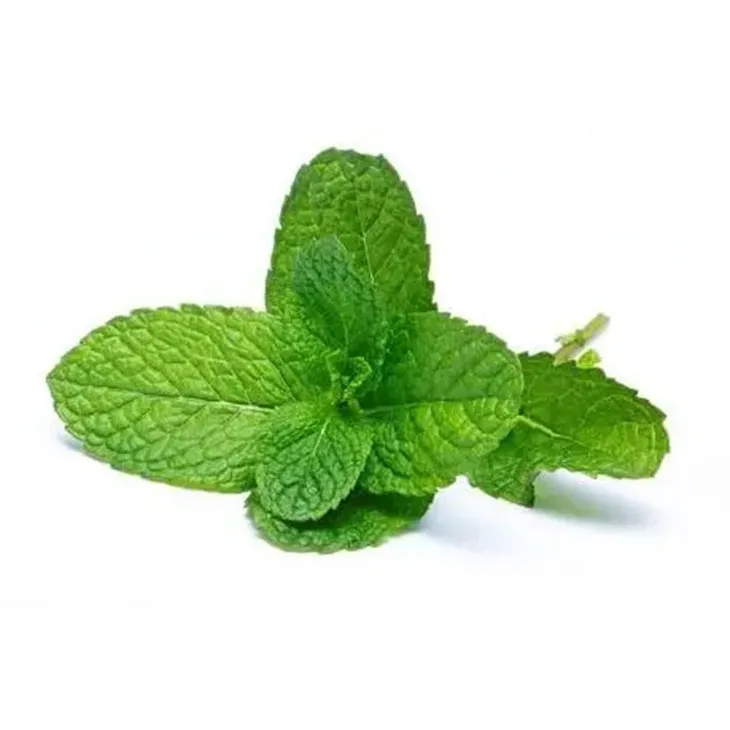- 0086-571-85302990
- sales@greenskybio.com
Expert Tips for Effective Wholesale Peppermint Oil Purchasing.
2024-12-18

1. Introduction
Peppermint Oil has a wide range of applications, from the food and beverage industry to cosmetics and aromatherapy. For businesses looking to purchase Peppermint Oil in wholesale, it is crucial to make informed decisions. This article will provide expert tips on various aspects such as quality assessment, price negotiation, and supplier selection to ensure a smart and successful purchase.

2. Quality Assessment
2.1 Purity
Purity is a key factor in determining the quality of Peppermint Oil. High - quality peppermint oil should be as pure as possible, free from contaminants and adulterants. When assessing purity, look for oils that are labeled as "100% pure peppermint oil." However, be aware that some suppliers may mislabel their products. One way to test purity is through gas chromatography - mass spectrometry (GC - MS). This advanced analytical technique can accurately identify the components of the oil and detect any impurities. Another method is to check for the presence of synthetic additives, which are often used to mimic the natural properties of peppermint oil but are of lower quality.
2.2 Source and Origin
The source and origin of peppermint oil can greatly influence its quality. Peppermint plants are grown in different regions around the world, and the soil, climate, and farming practices in these areas can impact the oil's composition. For example, peppermint oil sourced from regions with a long - standing tradition of peppermint cultivation, such as the United States (specifically Oregon and Indiana) and some parts of Europe (such as England), is often considered of high quality. The plants grown in these areas are typically well - adapted to the local environment, resulting in a more consistent and potent oil. Additionally, organic peppermint oil, which is grown without the use of synthetic pesticides and fertilizers, may also be of superior quality as it is free from potentially harmful chemical residues.
2.3 Aroma and Flavor
The aroma and flavor of peppermint oil are important indicators of its quality. High - quality peppermint oil should have a fresh, minty, and clean aroma. It should not have any off - odors or a musty smell, which could indicate spoilage or poor quality. When evaluating the flavor, a small amount of the oil can be diluted in a carrier oil (such as olive oil) and tasted. The flavor should be cool, refreshing, and have a distinct peppermint taste. A weak or overly bitter flavor may suggest that the oil is of lower quality or has been improperly processed.

3. Price Negotiation
3.1 Market Research
Before entering into price negotiations, it is essential to conduct market research. This involves finding out the current market price range for peppermint oil. You can start by checking industry reports, trade publications, and online marketplaces. Understanding the market price will give you a baseline for negotiation. For example, if the average wholesale price of peppermint oil is currently between $XX and $YY per liter, you can use this information to assess whether a supplier's initial offer is reasonable or not.
3.2 Quantity and Volume
The quantity and volume of peppermint oil you are purchasing can have a significant impact on the price. Generally, buying in larger quantities will result in a lower per - unit cost. When negotiating with suppliers, be clear about the quantity you plan to purchase. If you are able to commit to a large volume order, such as several hundred liters or more, you can use this as leverage to negotiate a better price. For instance, you can say, "We are interested in purchasing [X] liters of peppermint oil. Based on this large quantity, we expect a more favorable price."
3.3 Long - Term Contracts
Another strategy for price negotiation is to consider long - term contracts. Suppliers are often more willing to offer lower prices if they can secure a long - term commitment from a customer. A long - term contract can provide stability for both the buyer and the seller. For example, you could propose a one - year or multi - year contract with a fixed price or a price adjustment mechanism based on market fluctuations. This way, the supplier has a guaranteed customer, and you can potentially lock in a lower price for an extended period.

4. Supplier Selection
4.1 Reputation and Reliability
When selecting a supplier for wholesale peppermint oil, reputation and reliability are crucial factors. Look for suppliers with a proven track record in the industry. You can check online reviews, ask for references from other customers, and look into the supplier's history of delivering quality products on time. A supplier with a good reputation is more likely to provide consistent quality peppermint oil and reliable service. For example, a supplier that has been in business for many years and has positive feedback from multiple customers is a safer bet compared to a new and untested supplier.
4.2 Certification and Compliance
Ensure that the supplier has the necessary certifications and complies with relevant regulations. For peppermint oil, certifications such as organic certification (if applicable), Good Manufacturing Practice (GMP) certification, and compliance with food safety regulations (if the oil is intended for food - related applications) are important. These certifications indicate that the supplier follows strict quality and safety standards. For example, a GMP - certified supplier is more likely to have proper manufacturing processes in place to ensure the quality and purity of the peppermint oil.
4.3 Customer Service
Good customer service is also an important aspect of supplier selection. A supplier that is responsive to your inquiries, provides accurate information, and is willing to work with you to meet your specific requirements can make the purchasing process much smoother. For instance, if you have questions about the quality of the peppermint oil, the supplier should be able to answer them promptly and provide detailed information. Additionally, a supplier that offers after - sales service, such as handling any issues or complaints that may arise, is highly desirable.

5. Shipping and Logistics
5.1 Shipping Costs
When purchasing wholesale peppermint oil, shipping costs can add a significant amount to the overall cost. It is important to consider shipping costs when comparing different suppliers. Some suppliers may offer free shipping for large orders, while others may charge a flat rate or calculate shipping based on weight and distance. You should also consider the shipping method. For example, air freight is generally faster but more expensive than sea freight. If time is not a critical factor, sea freight may be a more cost - effective option for large quantities of peppermint oil.
5.2 Packaging and Handling
Proper packaging and handling are essential to ensure the quality of peppermint oil during shipping. The oil should be packaged in suitable containers, such as dark - glass bottles or food - grade plastic containers, to protect it from light and air, which can cause degradation. The supplier should also have proper handling procedures to prevent damage to the product. For example, they should use appropriate cushioning materials and ensure that the containers are securely packed to avoid breakage during transit.
5.3 Delivery Time
Delivery time is another important consideration. You need to ensure that the peppermint oil will be delivered when you need it. Discuss the expected delivery time with the supplier and make sure it is clearly stated in the contract. If there are any potential delays, the supplier should notify you in advance. For businesses that rely on a steady supply of peppermint oil, a delay in delivery can disrupt production or operations.
6. Conclusion
Purchasing wholesale peppermint oil requires careful consideration of multiple factors. By following the expert tips outlined in this article, including quality assessment, price negotiation, supplier selection, and shipping and logistics, businesses can make more informed and successful purchases. Ensuring the quality of the peppermint oil, getting a favorable price, choosing a reliable supplier, and managing shipping and logistics effectively are all key elements in a smart wholesale peppermint oil procurement strategy.
FAQ:
Q1: How can one assess the quality of wholesale peppermint oil?
To assess the quality of wholesale peppermint oil, several factors should be considered. Firstly, check the origin of the peppermint as different regions may produce oils with varying qualities. Secondly, look at the oil's purity. High - quality peppermint oil should be free from contaminants and additives. Analyze its chemical composition, which can often be determined through laboratory tests. A good peppermint oil typically has a high content of menthol, which gives it the characteristic minty smell and certain therapeutic properties. Also, examine the color and clarity of the oil. Clear and colorless or pale yellow oils are generally of better quality.
Q2: What are the key points in price negotiation for wholesale peppermint oil?
When negotiating the price for wholesale peppermint oil, research the market price range thoroughly beforehand. Know the average price being offered by different suppliers. Quantity is a crucial factor; usually, the larger the quantity you order, the more room for negotiation you may have. Mention any long - term business potential or repeat orders to the supplier, as this can be an incentive for them to offer a better price. Be aware of the quality differences among products at different price levels. Don't sacrifice quality for a lower price without understanding the implications. Also, compare the prices with the cost of production, transportation, and any additional fees associated with the product.
Q3: How do you select a reliable supplier for wholesale peppermint oil?
Selecting a reliable supplier for wholesale peppermint oil involves multiple steps. Check the supplier's reputation in the market. Look for reviews and testimonials from other customers. A well - established supplier with a long - standing positive reputation is more likely to provide good - quality products and reliable service. Assess their production capabilities and quality control measures. Ensure they have proper facilities to extract and store the peppermint oil to maintain its quality. Verify their compliance with relevant regulations and certifications, such as organic certifications if you require organic peppermint oil. Communication is also key; a responsive and helpful supplier is preferable as it can make the entire procurement process smoother.
Q4: Are there any specific regulations to be aware of when purchasing wholesale peppermint oil?
Yes, there are regulations to consider when purchasing wholesale peppermint oil. In many countries, there are rules regarding the labeling of the product, which should accurately disclose the contents, origin, and any potential allergens. If the peppermint oil is for use in food or cosmetics, there are strict safety and quality regulations. For example, it must meet certain purity standards and be free from harmful substances. There may also be import/export regulations depending on the source and destination of the product. It is essential to ensure that the supplier is compliant with all relevant laws and regulations to avoid any legal issues.
Q5: What are the common packaging options for wholesale peppermint oil and how do they affect the product?
Common packaging options for wholesale peppermint oil include glass bottles and aluminum containers. Glass bottles are popular as they are non - reactive and can preserve the quality of the oil well. They also allow for easy visibility of the product. Aluminum containers, on the other hand, offer better protection against light and air, which can cause the oil to deteriorate over time. The choice of packaging can affect the shelf - life and quality of the peppermint oil. Poor packaging can lead to oxidation, evaporation, or contamination of the oil, so it's important to ensure that the packaging is appropriate for long - term storage and transportation.
Related literature
- Peppermint Oil: Production, Composition, and Applications"
- "Quality Control in Peppermint Oil Manufacturing"
- "The Global Peppermint Oil Market: Trends and Insights"
- ▶ Hesperidin
- ▶ Citrus Bioflavonoids
- ▶ Plant Extract
- ▶ lycopene
- ▶ Diosmin
- ▶ Grape seed extract
- ▶ Sea buckthorn Juice Powder
- ▶ Fruit Juice Powder
- ▶ Hops Extract
- ▶ Artichoke Extract
- ▶ Mushroom extract
- ▶ Astaxanthin
- ▶ Green Tea Extract
- ▶ Curcumin
- ▶ Horse Chestnut Extract
- ▶ Other Product
- ▶ Boswellia Serrata Extract
- ▶ Resveratrol
- ▶ Marigold Extract
- ▶ Grape Leaf Extract
- ▶ New Product
- ▶ Aminolevulinic acid
- ▶ Cranberry Extract
- ▶ Red Yeast Rice
- ▶ Red Wine Extract
-
Tongkat Ali Extract Powder
2024-12-18
-
Sugarcane Extract
2024-12-18
-
Feverfew Extract
2024-12-18
-
Senna Leaf Extract
2024-12-18
-
Lavender Extract
2024-12-18
-
Honeysuckle Pollen
2024-12-18
-
Calendula Extract
2024-12-18
-
Eucommia Ulmoides Extract
2024-12-18
-
Shikonin
2024-12-18
-
Berberis aristata Extract
2024-12-18





















